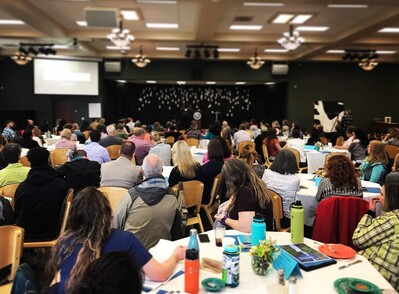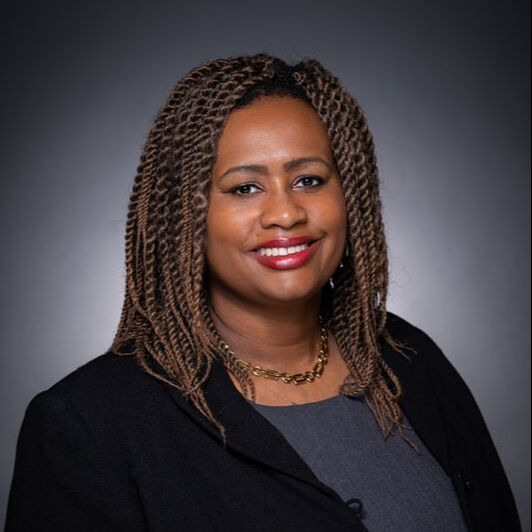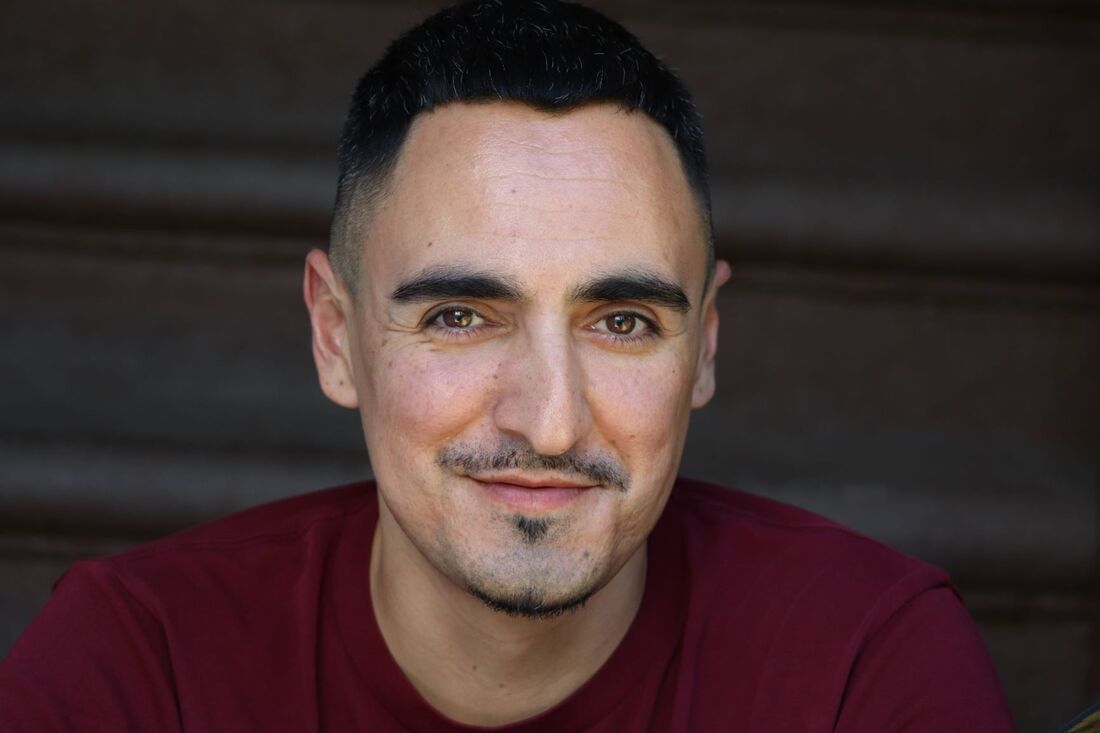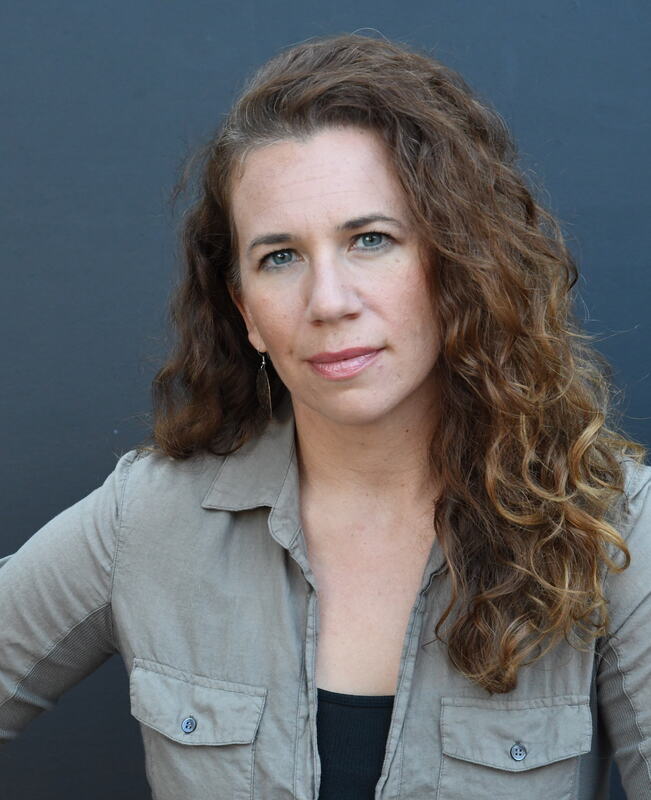SAVE THE DATE!
18th Annual Northwest Justice Forum
May 21-23, 2024
Chinook Winds Casino Resort
Lincoln City, OR
The NW Justice Forum fosters the gathering of individuals committed to, or interested in learning about, the principles and values of Restorative Justice. We gather to increase understanding, share practical application, ensure cultural inclusion, and explore theoretical implications of living and working restoratively in the Northwest.
This year, the Forum is highlighting creative expressions of restorative justice, including through the arts (theatrical performance, storytelling, visual art, music, poetry, etc.) or other methods of inspired communication or expression.
Theme: Expressions of Restorative Justice
Three key areas of focus for the conference are:
This year, the Forum is highlighting creative expressions of restorative justice, including through the arts (theatrical performance, storytelling, visual art, music, poetry, etc.) or other methods of inspired communication or expression.
Theme: Expressions of Restorative Justice
Three key areas of focus for the conference are:
- Restorative Justice Inspires: What does RJ sound like, look like, feel like in your practice and your community?
- Restorative Justice Supports Truth-Telling: What important stories and experiences does RJ allow to be better heard?
- Restorative Justice Incorporates: What other work in our community is intersecting with RJ?
2023 Program
2023 Schedule at a Glance
Collective Grief, Collective Resilience: Exploring Transformational Healing & Resisting Dominant Culture Narratives
|
Since 2005 Canada has worked in behavioral health care serving youth and adults, with 6 years focused in deathcare, helping families navigate grief, loss, and trauma, amidst crisis. Relational and restorative approaches are key underpinnings to Canada's holistic, integrative philosophy to creating change and healing for all. Currently she is the Suicide Prevention Coordinator for the Multnomah County Health Department and serves as Postvention Lead for her county. Canada has a specific passion in serving complex, intersectional communities who have been underserved in behavioral healthcare and brings a unique, creative approach to solving problems. Canada was honored with the Trillium Health Mental Health Hero award in 2021 for her work in grief and suicide prevention. Grounding spaces in humor, authenticity, and vulnerability are essential to Canada’s professional and personal life, and especially her work in suicide prevention.
Sippin' - Gilbert Salazar & Sarah Kay Peters
Thursday, June 22nd | 9:00am Plenary
Join us for a screening and debriefing of Sippin', a seventeen-minute narrative film highlighting the question: what happens when white fragility is served in a cup? This film follows the ceremony of four women of color as they discuss harms done by white supremacy through ceremony and ritual.
Gilbert & Sarah will also be hosting breakout sessions for BIPOC folx & white-bodied folx. Click here to view breakout sessions.
Gilbert & Sarah will also be hosting breakout sessions for BIPOC folx & white-bodied folx. Click here to view breakout sessions.
|
Gilbert Salazar’s work lies in the intersection of community, culture building and leadership, storytelling and story development, and ritual and theater for healing and liberation. Gilbert has worked with young people in school re-entry and violence prevention work, and has worked with adults in Restorative Justice training and coaching school leadership teams for community and culture development and implementation of Restorative Practices. Gilbert was among an initial cohort of Restorative Justice Coordinators within LAUSD schools and was trained and coached by the California Conference for Equality and Justice. His work includes integrating applied theater modalities and techniques into training curriculums and bridging play into the work of Community Building Circles, Restorative Dialogue and trauma informed care.
|
He produced a podcast about Restorative Justice practitioners and the topics of culture, community, and justice, called “Whatchu Know about RJ: Sharing Stories and Skills of Restorative Justice.”
Gilbert is also a playwright and has produced his first short film, ‘Sippin’’ based on the excerpts of the play in his chapter for, “Colorizing Restorative Justice.” His former studies include interdisciplinary studies with focuses on social justice education and ritual at California State University, Monterey Bay and USC’s Applied Theater Arts program. He is currently enrolled in a doctoral program in Depth Psychology.
Gilbert is also a playwright and has produced his first short film, ‘Sippin’’ based on the excerpts of the play in his chapter for, “Colorizing Restorative Justice.” His former studies include interdisciplinary studies with focuses on social justice education and ritual at California State University, Monterey Bay and USC’s Applied Theater Arts program. He is currently enrolled in a doctoral program in Depth Psychology.
|
Sarah Kay Peters is an actor, puppeteer, educator and filmmaker working in the intersections of art, community, justice, and healing. She has worked with everyone from infants to seniors in acting, play creation, music, puppetry, and yoga since 2003. Sarah has an MA in Applied Theatre Arts from the University of Southern California, and in June 2013, she worked with The Center for Theatre of the Oppressed in Rio de Janeiro, Brazil. Since then, she has designed and facilitated play devising and performance curriculum for multiple organizations in Los Angeles for in school, after school theatre programs for elementary through high school students, including several youth probation camps. She also worked with former lifers using TO to work through the challenges of reentry. Through it all, looking at how arts can heal individuals and society.
Sarah maintains an active storytelling career as an actor, puppeteer, audiobook narrator, and filmmaker. She has been an Ensemble Member with Rogue Artists Ensemble since 2014, and has played on many stages around the country, including the Wood Boy Dog Fish at Gary Marshall Theater and Little Shop of Horrors at Pasadena Playhouse in Los Angeles, Zen Shorts at the National Puppetry Festival and Shakespeare(ish) at Oregon Shakespeare Festival Green Show. She has produced and directed several short films and was thrilled to be on the Sippin’ production team as Unit Production Manager and 1st AD. |
NW Justice Forum
a collaborative effort of restorative justice practitioners across Idaho, Oregon and Washington
The NW Justice Forum is a fiscally sponsored project of Social Good Fund, a California nonprofit corporation and registered 501(c)(3) organization, Tax ID (EIN) 46-1323531.
a collaborative effort of restorative justice practitioners across Idaho, Oregon and Washington
The NW Justice Forum is a fiscally sponsored project of Social Good Fund, a California nonprofit corporation and registered 501(c)(3) organization, Tax ID (EIN) 46-1323531.
© 2022 Northwest Justice Forum. All rights reserved.




